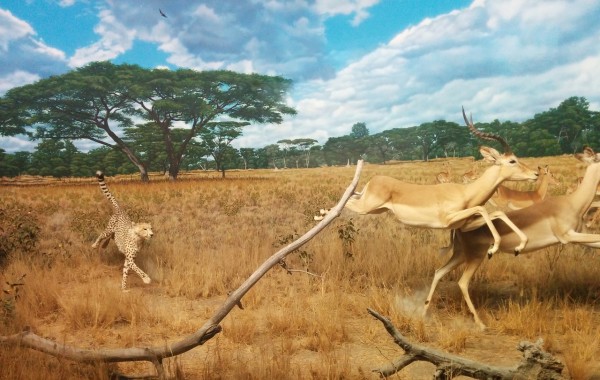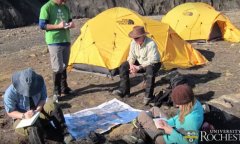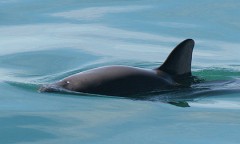By Vishal Goel, | January 16, 2017

Hundreds of land mammals are being threatened with extinction due to over-hunting.
In a new study, US-based scientists claim that it will take at least eight million years to restore the animal species that we have lost due to extinction. After human colonization, more than half of the mammal species went extinct in the Caribbean alone, according to researchers from the Stony Brook University in the US.
Like Us on Facebook
As a part of the study, the researchers compiled data on the New World leaf-nosed bats and their close relatives, forming an ecologically diverse group including the fishing bat, many fig-eating bats, and vampire bats. According to the researchers, the group is ideal for studying the effects of extinction because one-third of bat species have become extinct in the Greater Antilles over the past 20,000 years.
It is believed that the largest wave of animal species extinction occurred after human arrival. However, Liliana Davalos, a professor at the Stony Brook University, said that it is hard to know whether or not these extinctions would have happened even without humans. This is because the number of species on islands is a result of the balance between species gained through colonization, the formation of new species, and loss of old species from natural extinction.
The team implemented a system known as island biogeography based on the evolutionary histories of species both alive and extinct. The researchers found that the number of species in the Greater Antilles had strong equilibrium over millions of years until recently when extinctions have pulled the system away from its natural balance.
The scientists assessed how long it would take for natural processes to restore the number of species found only 20,000 years ago using computer simulations.
"Remarkably, it would take at least eight million years to regain the species lost," said Davalos. He added that this long time required to restore diversity reveals the staggering consequences of extinctions, mainly caused by humans.
Leslie Rissler from the US National Science Foundation's (NSF) Division of Environmental Biology said that human interference in Earth's ecosystem is accelerating and that the study, published in the journal Nature Ecology and Evolution, offers some important information on how the interference will affect the loss and recovery of species in the future.
-
Use of Coronavirus Pandemic Drones Raises Privacy Concerns: Drones Spread Fear, Local Officials Say

-
Coronavirus Hampers The Delivery Of Lockheed Martin F-35 Stealth Fighters For 2020

-
Instagram Speeds Up Plans to Add Account Memorialization Feature Due to COVID-19 Deaths

-
NASA: Perseverance Plans to Bring 'Mars Rock' to Earth in 2031

-
600 Dead And 3,000 In The Hospital as Iranians Believed Drinking High-Concentrations of Alcohol Can Cure The Coronavirus

-
600 Dead And 3,000 In The Hospital as Iranians Believed Drinking High-Concentrations of Alcohol Can Cure The Coronavirus

-
COVID-19: Doctors, Nurses Use Virtual Reality to Learn New Skills in Treating Coronavirus Patients











